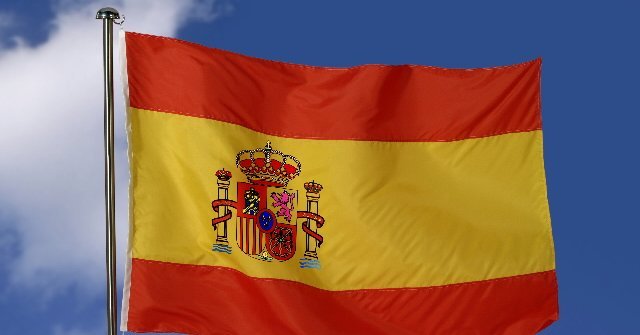Over the last 35 years, Spain has seen substantial decentralisation in the administration of competences but it cannot be called a federation.
Some scholars define the Spanish political system as asymmetric federalism but in my opinion that is an overstatement because the country doesn’t fulfil the minimum conditions to be called such. For instance, it lacks a territorial chamber representing the 17 Autonomous Communities, a clear cut division of competences or the simple acceptance of the subsidiarity principle, among many others. The institutional framework of Spain is of a central state with the characteristic of having ceded some competencies to the regional level.
The nature of the Spanish decentralisation has been also somewhat awkward. The delegation of competencies to the regions has neither followed a functionalist nor an efficiency rationale. In fact, in 1978 the majority of the Spanish regions did not ask for such decentralisation. If it happened it was to satisfy the demands from “historic nationalities” such as the Basque Country, Galicia and Catalonia. In order to accommodate these demands – Spain opted for the “à la carte” method- but at the same time kept certain homogeneity in the governance system for those regions that either did not wish or need to have more autonomy-, whilst avoiding radicalised debates clearly unfit for the time of political transition from dictatorship to democracy in the 1970s. , A method that has become to be known as “café para todos” –coffee for all- was created. All Spanish regions, regardless of their history, culture or political will were defined as Autonomous Communities, a compromise solution which upgraded the majority of the Spanish regions, those who did not seek such decentralisation, whilst temporarily satisfying the demands of the most demanding regions. This meant the creation of regional administrations, regional parliaments and all the pertinent bureaucracy in which was seen as a workable compromise given the delicate historical and political moment.
Many saw in the “café para todos” the embryo of a federalist project for Spain but in reality this process was implemented in the name of unity and not of federalism. Indeed, since then the governance of Spain has been fragile and the lack of a proper senate or regional chamber has meant that all negotiations between regional governments and the Spanish government have had to take place on a bilateral basis and there has never been an open discussion between the regions as to how they would like to see the state organised. In this sense Spain has remained a union of Spanish people and not of regions/communities/nations. This lack of debate and transparency has kept the Spanish government in the middle, deciding which region gets what competence and when. This pivotal position of the Spanish government has allowed it to exercise power but also to create mistrust and jealousies between Autonomous Communities.
After 30 years of development of “Estado de las Autonomías” the process of decentralisation reached a stalemate with the ruling of the Spanish Constitutional Court on the constitutionality of the new Statute of Autonomy of Catalonia. After an appeal from the Partido Popular, the leading opposition party, the Spanish Constitutional Court declared parts of the Catalan Statute of Autonomy unconstitutional, notwithstanding that the text had been approved in a referendum by the Catalan people. Leaving aside the considerations on the democratic legitimacy of a court ruling against a text approved by popular referendum -which has been a case study very much enjoyed by avid constitutionalists-, the decision of the Spanish Constitutional Court may be interpreted as an end of a process. The Constitutional Court has ruled that the Spanish government, backed by the Congreso de los Diputados, cannot continue to give what some Autonomous Communities want. From here onwards the Catalans are aware that a limit has been put to what can be achieved inside the state of Spain in the current constitutional setting.
The end of the “café para todos” means that Spain has to find a new way to structure itself and find new procedures to negotiate the future organisation of the country. Broadly speaking there are two options: going back to a Unitarian centralist state or advancing towards a federation.
The first option is defended by some members of the Partido Popular, the Spanish conservative party, and more especially by its former Prime Minister Mr. Aznar. However, this idea has little chances of succeeding, unless it is imposed by force - an unlikely scenario in the current European framework. It was precisely in the times of maximum push for centralisation during the years when Aznar was in power when the independentist parties in regions such as Catalonia or Galicia grew the most. Therefore one of the consequences of a move towards centralisation could be the dissolving of the country, especially if we take into account the relative maturity obtained by the independentist parties, particularly in Catalonia, and the successful self-organised citizen-led consultations on the independence of Catalonia on April 10.


Follow the comments: |
|
